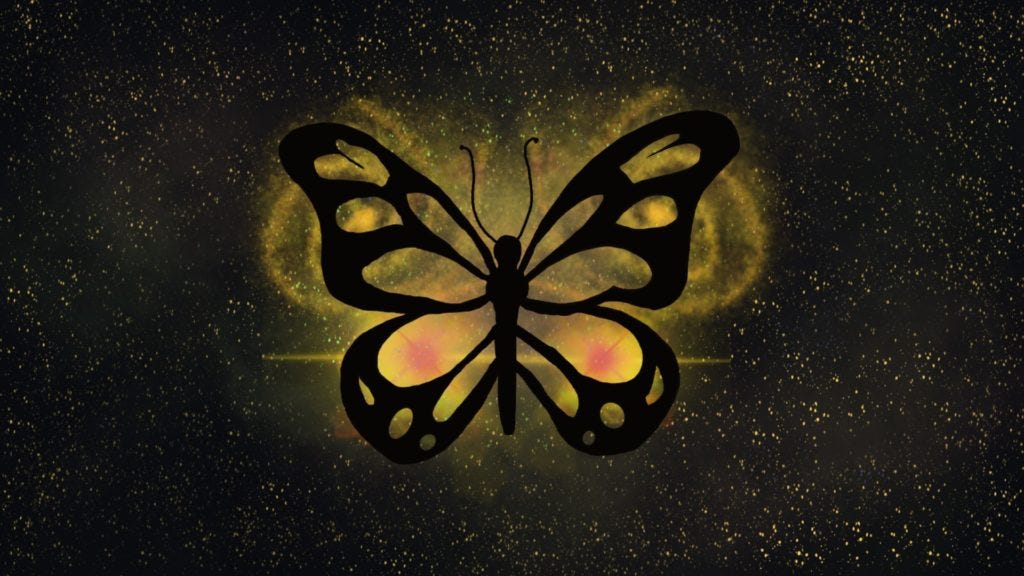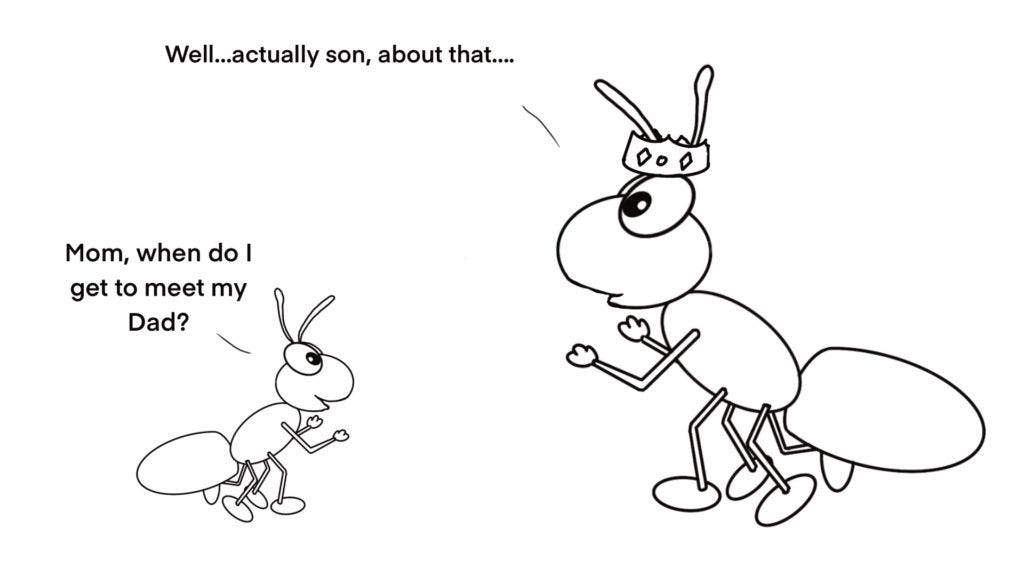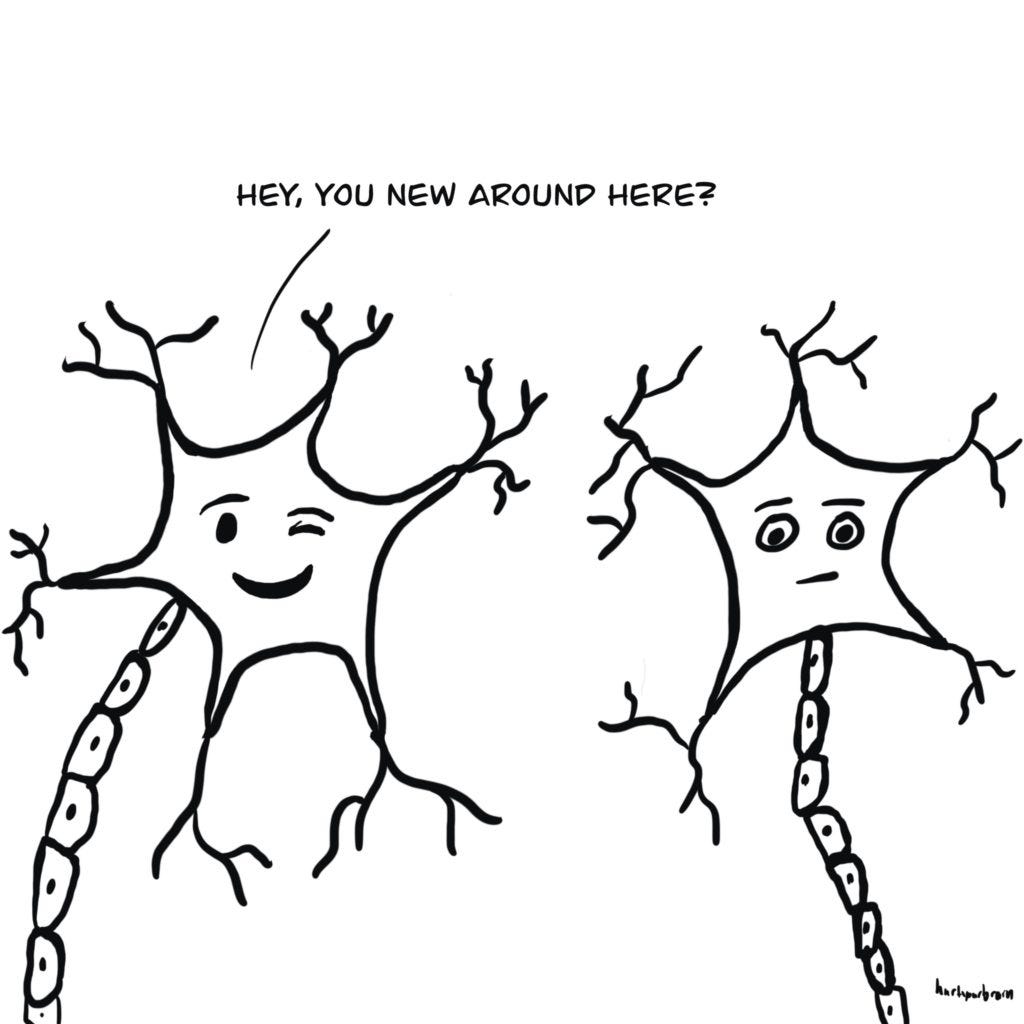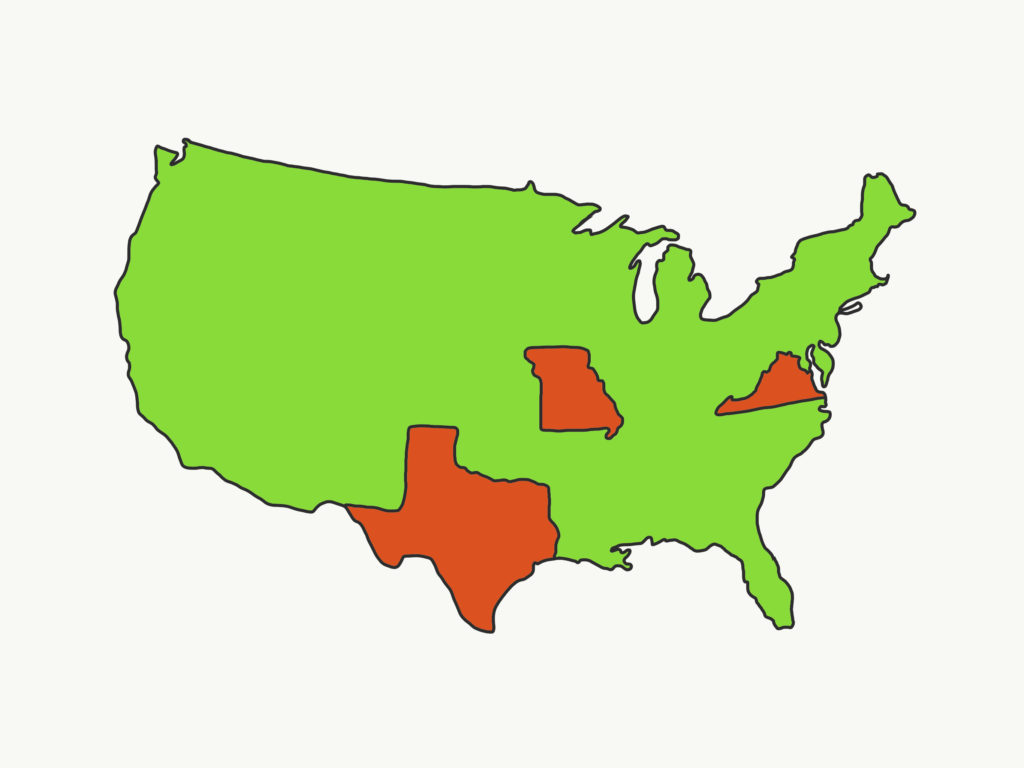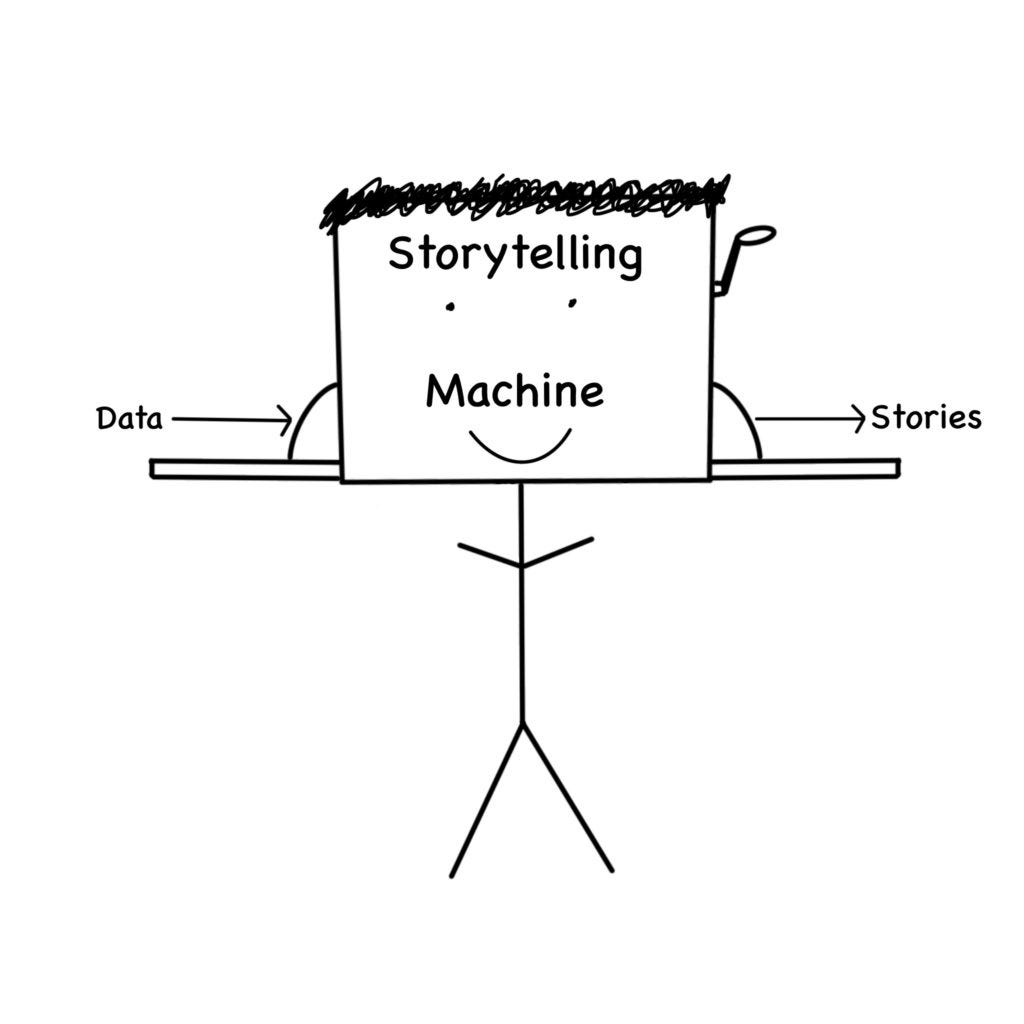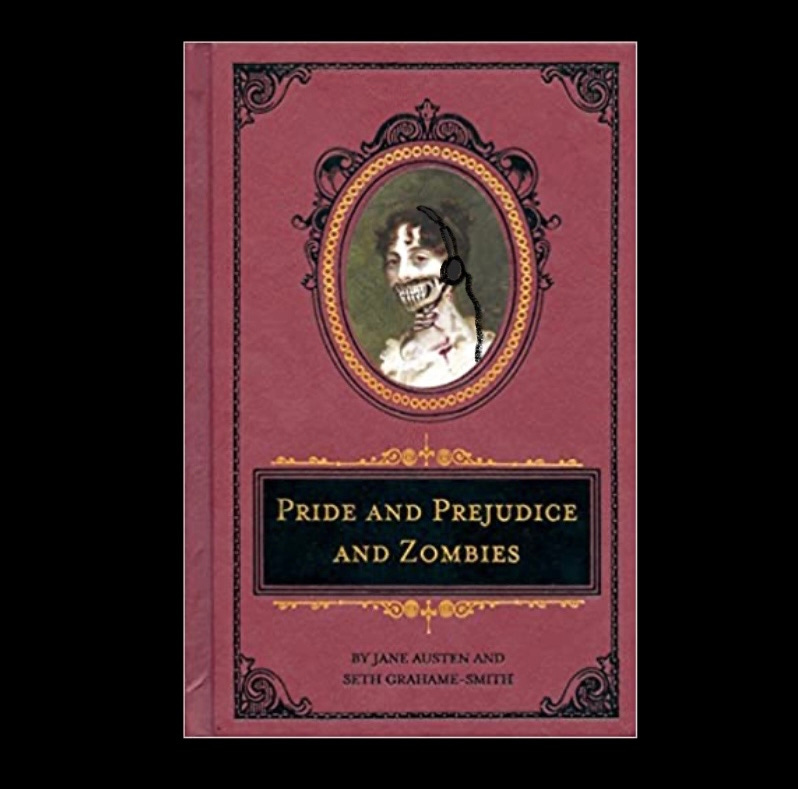14 Facts I Learned From Podcasts in 2020
I listen to podcasts for many different reasons, but a sizable piece of my queue is geared towards learning about the world. Thanks to podcasts from this year, an unknown quantity of tidbits of knowledge are forever lodged into my brain.
Below are just a few of these that I plan to unleash onto a unsuspecting person once social gatherings are a thing again.
1) The supplement industry is largely unregulated.
“The average consumer is assuming that because it’s in a bottle and that it's sold in a store, somebody is a watchdog. And in the case of dietary supplement products, there are not many watchdogs."
From The Dream: Take With Caution
2) Science will never be able to predict what you are thinking.
Facebook, Google, and the internet ad complex are pretty good at knowing general behaviors of people, but you don’t need to worry about any company or scientist being able to predict what you will literally be thinking any time soon (or ever). This is because, just like the weather, our brains are chaotic. They follow deterministic laws of physics, but the butterfly effect — where even tiny deviations in the prediction vs reality will cause dramatically different outcomes — will ensure predictions will always be short term in nature. There is no way to get enough data for accurate initial conditions. The effects of random quantum fluctuations in the brain and how much they bubble up to the macro world of brain functioning is also another unknown, one that makes true prediction even more unlikely.
From Daniel and Jorge Explain the Universe: Can science predict what you will do?
3) Ants are amazingly bizarre. In an ant colony, the queen is at the mercy of the female workers, not the other way around. Also, male ants have no father because of the quirks of ant genetics.
Males ants are simply unfertilized eggs and female ants are more related to each other than they are to their queen mother. Check out more about the wild world of ants here.
From Ologies: Myrmecology (ANTS) with Terry McGlynn
4) Alfred Lawson is one of the biggest hucksters you’ve never heard of.
“Everything you've ever learned about physics, chemistry, astronomy, and even biology, is wrong. That was the conclusion reached by Alfred Lawson, major league pitcher, avionics pioneer, populist political leader and the founder of the stupidest university ever: The University of Lawsonomy."
From The Constant: Suck and Blow
5) April 26 is National Pretzel Day.
There are numerous national days every day, but this one is now special to me. My son loves a good pretzel and was able to tell the world about this best of national days in his first podcast appearance.
From Podcast Gumbo: April 26 - National Pretzel Day with Nathan Jones
6) Octopuses die after giving birth, after sometimes years of not eating and constantly fending off would be predators.
This Radiolab was one of my favorite pieces about science from the year. It’s often been said that we know more about the moon than we do about the deep sea here on Earth, and the amazing surprises that the deep sea octopus had in store for scientists is just a small proof of that.
From Radiolab: Octomom
7) Neurons that fire together, wire together. Also, neurons are made throughout life, and can be created within minutes.
Neuroplasticity is a fascinating superpower of the brain, and ensures that we are capable of learning anything throughout life if we put our brain through the proper workout.
From Matter of the Mind: The Unfinished Brain
8) More than half of federal death row comes from just three states: Texas, Missouri, and Virginia.
“We already knew the system was discriminatory and how you get to death row depends more on who the attorney general in the United States is at the time and who the local U S attorney prosecutor in the local federal district is than it has to do with what you actually did."
From Seriously America: Capital Punishment, Flawed and Discriminatory
9) We like stories better than statistics because we are narcissists.
One of the ways our brains process stories is by inserting ourselves into the narrative in order to think about how we would act. This even holds true with something like photography. Experienced photojournalists know to have people in their pictures, while new photojournalists and photographers like to take pictures of cities and landscapes, which are much less memorable for our brains.
From No Stupid Questions: Why Stories Are Stickier Than Statistics
10) If you can’t stand the heat death, then get out of the universe.
Astrophysicist Katie Mack walks us through the four big possibilities for how everything (and she means everything) will end: the heat death of the universe, the Big Crunch, the Big Rip, and vacuum decay. Physicists think death — which is when everything is so spread out that differences in temperature cannot not be exploited for the physical world to do any work — is the most likely candidate. Don’t worry though, any such fate is likely trillions of years away. Unless vacuum decay happens, which could mean instant lights out for us at any moment. Sweet dreams.
From Planetary Radio: Katie Mack and the End of Everything
11) One of the most useful innovations ever to appear on a video game controller, the D-pad, was invented by a Nintendo factory line worker.
Gunpei Yokoi steadily rose through the ranks by pitching ideas to the highest levels he could reach. He started off with a smash hit toy called the Ultra Hand and eventually helped design the D-pad as a solution for the Donkey Kong Game and Watch toy, a design solution that is hard to overstate in its influence.
From Gameplay: Up, Down, Left, Right
12) The infamous O-ring was only the tip of the iceberg on what went wrong with the Challenger space shuttle disaster of 1986.
Incompetence, bureaucracy, and all the rest of the very real bogeymen of large institutions reared their ugly head to contribute to this travesty. You’re Wrong About is an excellent show from journalists Michael Hobbes and Sarah Marshall. Also, I always pictured this infamous O-ring as some small thing buried somewhere in the engine structure, but it was huge and literally the circumference of the rocket itself.
From You’re Wrong About: The Challenger Disaster
13) There is a book called Pride and Prejudice and Zombies, and it is part of a growing mashup genre.
This is gaining popularity with books, where a now out of copyright piece of literature can be remixed in all sorts of creative ways.
From Words To That Effect: Mashups, Remixes, and Frankenfiction
14) The amount of the light spectrum we can see with our eyes compared to the Hubble Telescope is similar to only being able to hear three notes on a concert piano in comparison to a full orchestra.
Your whole concert is just those three notes in different combinations. That is how much of the visible universe is missing to our eyes without the aid of x-ray telescopes, infrared telescopes, etc.


